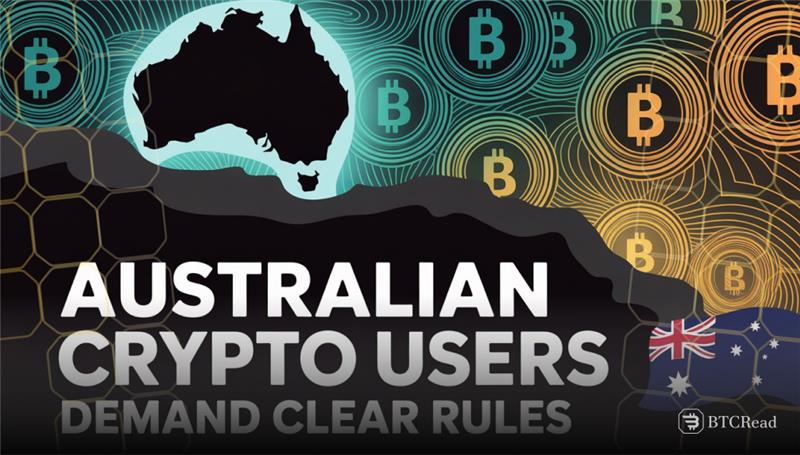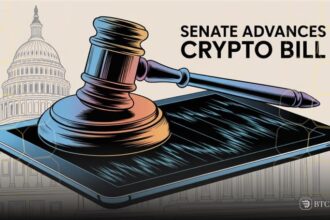Australian crypto consumers still face banking frictions despite several years of market development and regulatory progress across the continent. One recent survey highlights continued frustrations and challenges that hinder adoption and lead stakeholders to consider different solutions to buying and selling crypto tokens.
According to a survey of 1,900 Australians conducted by Binance, 58% want unlimited convenient deposits, and 22% have changed banks. Friction is killing confidence and discouraging market participation within the growing user base, Binance’s Australian and New Zealand general manager, Matt Poblocki, says.
Poblocki clarifies that unequal access invokes offshore migration to unregulated territories, which puts consumer safety and confidence at risk. Seamless access to financial products, he clarifies, is the foundation of healthy adoption and sustainable development across the crypto economy of Australia.
It already oversees cryptoexchanges via Anti-Money-Laundering regulations, registered since 2018 with AUSTRAC, but it has issues looming ahead. Coinbase and OKX have just rolled out the service of self-managed superannuation funds, referring to crypto’s growing role in retirement planning and investment portfolios.
Banks Restrict Transfers To Crypto Exchanges
OKX Australia CEO Kate Cooper explains that the banks are still refusing service and restricting transfers to the biggest crypto exchanges. Commonwealth Bank just implemented a $6,527 per month restriction on transferring funds to crypto exchanges, which annoyed the users who crave more access.
Kraken general manager Jonathon Miller explains that customers and employees will, at times, completely lose accounts due to debanking efforts. He also explains that the risk of concentration grows where few banks remain interested in transacting with crypto firms.
Poblocki establishes that investors on Binance lack the means of submitting or withdrawing Australian dollars by normal transfers, but can buy and sell with cards. He establishes that the exchange has mitigation measures since it brings the regulators and banks into the conversation.
Cooper makes the case that the arriving draft legislation will distinguish between legitimate businesses and harmful actors, providing banks with the confidence to process transactions. She sees free rein regulations drawing to a close and bringing transparency, and envisions crypto fitting into the broader Australian financial system.
Miller also mentions that due diligence has to be strong, the firms that join the queue have to be treated fairly, and harmful players have to be excluded from the marketplace. Poblocki also desires the government, banks, and exchanges to be unanimous on delivering regulatory certainty that works well for customers and protects innovation.







